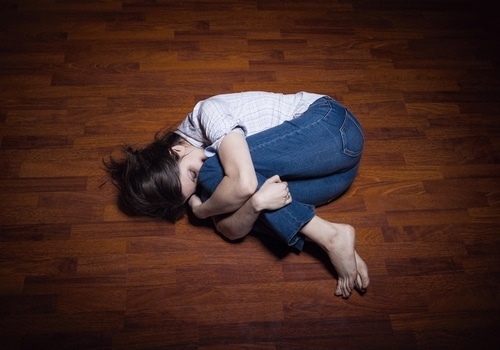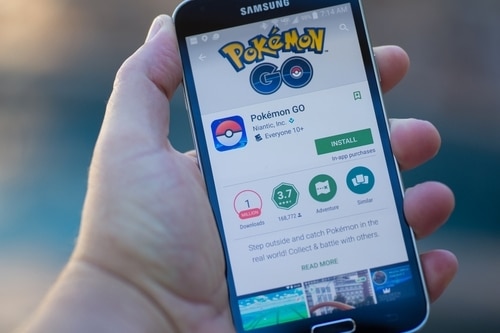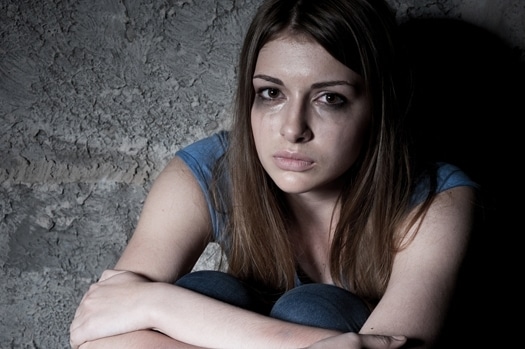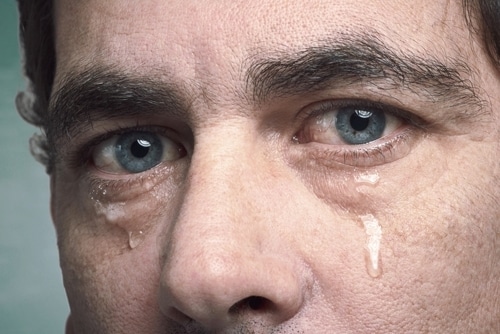
All of the Feels: Accepting the Gifts of Emotion
By Brenna Gonzales, MS, LPC, Rio Retreat Center at The Meadows Therapist In our culture, we are taught that certain feelings are off-limits. There is a general sense that if you’re not happy most of the time that you’re doing life wrong. Read More









